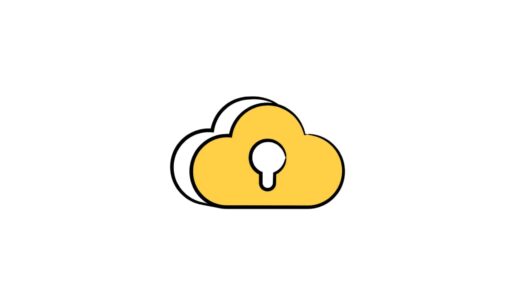Migrating from your on-premise data center to cloud hosting options–public, private or hybrid—can feel like a big leap. A SOC 2 report provides peace of mind for some of the most crucial concerns regarding security and process control.
Performing annual SOC 2 audits is becoming an ever-more frequent request for businesses operating in the cloud. This is because a SOC 2 audit verifies the internal controls of cloud service providers and service organizations on the cloud. The audit is overseen by a trusted registered public accounting firm and audit report attests that the existing controls are appropriate for keeping customer data confidential, secure, private, and available for use.
Brush up on SOC 2 Audits and Compliance Regulations.
In order to become SOC 2 compliant, an organization employs a third-party CPA firm to rigorously assess data security and availability. During the auditing process, they review the IT infrastructure, internal controls, security protocols, and recovery processes. The SOC 2 framework – the Trust Services Criteria – was designed to be flexible and readily applicable to different types of businesses operating in a wide range of industries.
Is SOC 2 Required for Cloud Security?
SOC 2 is an auditing and reporting engagement; as such, it’s not a standard requirement for cloud providers. A verified compliance report is a valuable achievement, however, because it shows a commitment to securing data. It attests to the fact that the cloud service provider effectively implements industry best practices.
User organizations (their clients) may or may not require the cloud provider to maintain SOC 2 compliance. Yet, even if this is not a requirement, the audit report is verified proof of data protection measures. It may also be a critical deciding factor when potential clients are choosing a cloud service provider with which to do business.
SOC 2 can be a foundation for further compliance standards. Cloud providers that are SOC 2 compliant can more easily adopt other data protection and security standards. For example, the report can include a supplemental section for controls related to the HI,PAA Security Rule. Choosing a cloud service provider that is compliant with the relevant regulations – like HIPAA, PCI, and GDPR – is crucial for potential clients to reach their own compliance goals.
Related article: What Do SOC 2 Reports Mean to Managed Cloud Service Providers?
What Does a SOC 2 Audit Involve?
Having an audit performed can be a demanding process. Just like other businesses undergoing SOC 2 assessments, cloud providers will need to collect evidence, arrange interviews, and provide information to auditors. Internal personnel will need to take on roles to lead the effort towards compliance and ensure that each team member fulfills his/her specific responsibilities.
The process follows these steps:
- Preparation & Scoping
- Readiness Assessment
- Gap Analysis
- Remediation
- Documentation Remediation
- SOC 2 Audit
Refer to our SOC 2 Timeline Guide.
When first approaching the auditing process, preparation, scoping and readiness are often the most challenging. This is also when accuracy can really pay off in terms of efficiency later on. Scoping sets the parameters for engagement, identifying the business processes to be assessed, staff involved, and the TSCs included. That’s why taking the time to narrow the scope properly is extremely helpful in ensuring the audit is completed on time and within the budget.
Which SOC 2 Criteria Are Relevant for Cloud Computing?
For cloud providers, a SOC 2 assessment will almost surely include the operational, technical and security requirements related to the ‘security’ and ‘availability’ criteria. Other TSCs may be included in the scope based on the services that it provides and the provider’s goals. Assessment for ‘processing integrity’, ‘confidentiality’, and ‘privacy’ controls are optional, but they do provide valuable information for security personnel.
As more companies shift to cloud computing, the need for data security and compliance attestations is changing as well. We can be sure, however, that regulatory compliance will increasingly become the standard for businesses operating in the cloud. We can be sure of this, because the big names in cloud services, including AWS and Azure, are leading the way in data security and compliance.
Find the Right Audit for Your Cloud Service Provider.
Security Attestation that Evolves with Your Company
For more information about how we can help your business succeed with today’s technology. Contact our skilled auditors and compliance experts. Call our office or request a quote to learn more.
SOC 1®, SOC 2® and SOC 3® are registered trademarks of the AICPA (American Institute of Certified Public Accountants). The AICPA® Trust Services Criteria for Security, Availability, Processing Integrity, Confidentiality, and Privacy is copyrighted by the Association of International Certified Professional Accountants. All rights reserved.



